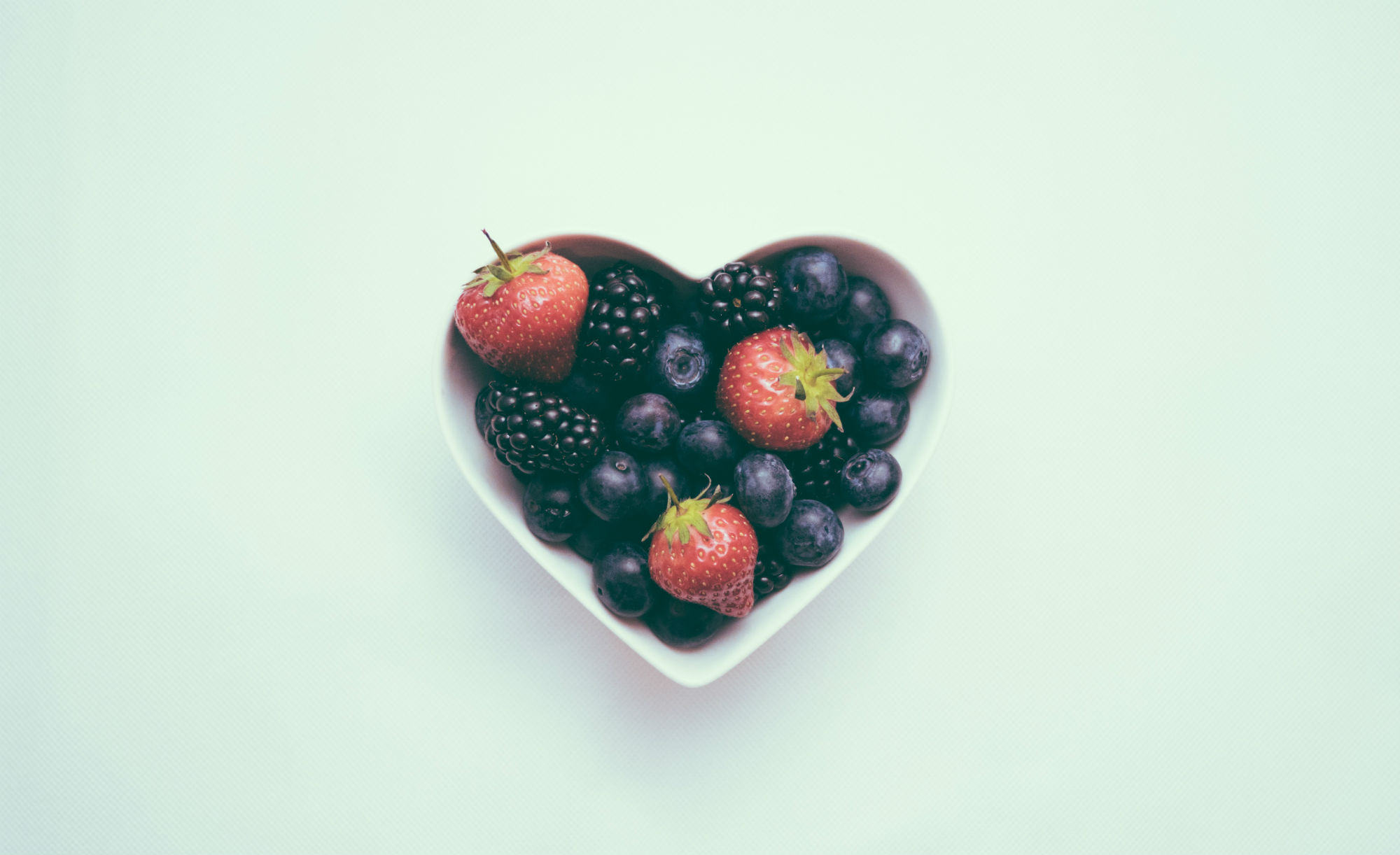Awareness and preparation are the key to eating a healthy diet that supports an active lifestyle. While we all know the importance of eating well, it’s so easy to grab a bar of chocolate or skip a meal when we’re busy or exhausted – but this isn’t doing us any favours!
Read on for some tips and tricks to help you eat restorative, nutritious and energizing food, and achieve your best outcome every day.

Fuel your body with healthy, nutritious food to help build strength and stamina. Photo: Melissa Belanger on Unsplash
- Healthy breakfast
Enjoying a nutritious breakfast kick-starts your metabolism and sets you up with sufficient energy to tackle your day ahead. If you don’t eat in the morning, your metabolism will remain sluggish throughout day, no matter how healthily you eat. The ideal breakfast contains a balance of protein, fibre and nutritional content.
- Recovery food
Performing, rehearsing and intense training sessions deplete our bodies of energy. Eating fruit or grain based carbohydrates (such as bread, cereal, rice, pasta, lentils or baked beans) within half an hour of finishing your activity will help refuel and restore your body. Fruit such as bananas, apples, pears, oranges or dried fruit will aid your body’s recovery process.
- All the colours
Naturally coloured foods are full of powerful antioxidants, which help prevent illness by protecting against cell damage. Exercise results in ‘oxidant stress’ occurring in your cells, so include a variety of coloured vegetables and fruit in your diet to aid in recovery and supporting your system for the future.

Natural foods are colourful and full of goodness. Brighten up your long dance days with yummy snacks that sustain your body. Photo: Kristen Kaethler on Unsplash
- Heathy ‘fast food’
Pre-prepare quick and easy food to help restore your energy and nutrients. Whole, non-processed foods such as chia and brown rice are fabulous sources of fibre which is great for helping your body absorb nutrients. Sushi, wraps, apples and protein balls are quick and nourishing snacks you can eat at any time of the day.
- Protein power
Nutritionists recommend a consistent consumption of protein as imperative for active bodies. An essential component of muscle, skin and bones, the general rule is that we require at least one gram of protein per kilo of bodyweight. Protein balls, fish, nuts, white meat and red meat are all easily accessible sources of protein.
- Prevent injury
Providing your body with insufficient nutrients and energy supplies can lead to injury, particularly for growing young bodies. Muscular and soft tissue breakdown can occur, resulting sore joints, (especially knees and ankles), during or after exercise. Recovery from injury will also take longer if your diet is not nutritious and healthy, so make sure you eat well and reap the positive benefits.

Drinking water doesn’t have to be boring! Jazz up your dance drinks on those hot Summer days. Photo: Kaizen Nguy on Unsplash
- Hydrate
Did you know 60% of our body and 73% of our brain consists of water? Exercise quickly depletes these stores so remember to keep up your fluids. If you’re not a fan of water, low-sugar drinks such as green tea, chamomile tea and cold lemon and peach tea are a great alternative. (Avoid premade teas from the supermarket as they tend to be high in refined sugar.)
- Fuel your brain and body
Dancers learn, retain and execute choreography, often quickly and under pressure. Understanding theory and remembering safe dance practices are also important components of training and performance. Both physical and mental stamina and strength are enhanced by your intake of healthy food, so ensure you are eating nutritious meals and snacks wherever possible.

Fruit platters are great for sharing with your dance friends! Photo: Naveed Pervaiz on Unsplash
- Maximise your potential
It takes a lot of effort to achieve your greatest outcome. By eating a consistently healthy diet, you will maximise your potential and support your hard work. Enjoy treats, but remember ‘everything in moderation’, and ensure you feed your body what it needs for fuel and recovery when you are training or performing.
- Involve others
Grazing platters are a fabulous way to fuel your body effectively during an active day. Plan ahead with your dance buddies and share a platter filled with carrots, celery, capsicum, blueberries, strawberries, watermelon, apple slices, dips, nuts, cold meats etc. Snack throughout the day and replenish your brain and body with natural, healthy food.







0 Comments